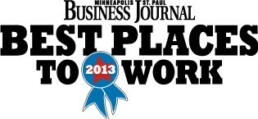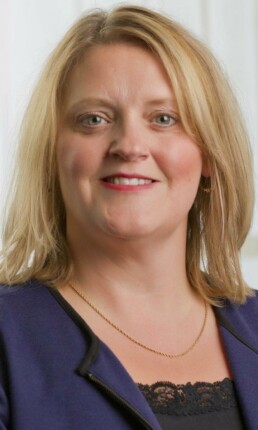Top 10 Ways for Seniors to Beat the Heat
The summer swelter is upon us and it’s important for seniors to take extra care during the hot and humid days ahead.
Here are 10 tips to stay cool and healthy through the heat:
- Stay indoors during the warmest times of the day. Schedule any outdoor activity to the cooler parts of the day, which are usually before 10 a.m. and after 6 p.m.
- Stay hydrated by drinking extra water throughout the day - even if you are not thirsty. The Institute of Medicine recommends 13 cups for per day for men and nine for women.
- Wear lose fitting clothing that is light weight and light in color.
- If you are directly in the sun, protect yourself with sunglasses and a hat or umbrella. To protect your skin, use sunblock with SPF 15 or greater while being outdoors.
- Avoid strenuous activity and demanding chores, and take breaks from activity every 15-20 minutes to rest.
- Close the shades in your living area to keep the inside cool.
- Avoid alcoholic or caffeinated beverages, as they can add to dehydration.
- Check on your neighbors and those around you throughout the day.
- Find local shelters that officer respite from the heat. Places like the movie theatre, library and senior centers can offer entertainment in a cool environment. Check your local resources to find designated “cooling centers” near you.
- Watch out for signs of heat stroke exhaustion or other heat related conditions in yourself and others. Symptoms may include weakness, nausea, rapid pulse, and no or heavy sweating.
Ecumen Joins Other Nonprofits In Ziegler Link•Age Longevity Fund Focused on Innovation For An Aging World
New venture fund seeks to bring valuable new products to marketplace.http://www.formychildren.com
Finding a Wiser Way To Say “Older”
When reporter Ina Jaffe started covering aging for National Public Radio, she quickly learned how sensitive older people are about how they are referred to in the media. This prompted NPR to do a survey to find out what older adults want to be called.
Well, it’s certainly not “senior citizen.” Only about 12 percent of those responding considered the term acceptable.
The key finding of the survey is that there is not much enthusiasm for any of the terms commonly used. The winning term — with an anemic 43 percent of the votes — was the plain and simple “older adult.” The terms “elder” and just “senior” (without the “citizen”) each got a pass from about a third of respondents.
In her NPR report on the survey, Jaffe noted: “The category of dislikes had the most enthusiasm. There were about three and a half times more votes cast for terms that didn’t like than for terms that they liked. And I can sum up the overall response by saying that they disliked pretty much everything.”
And that’s exactly what Ronni Bennett, who refers to herself as an “elderblogger,” found in a survey she did in May. People are clear about what they DON’T like but are less definite about what they do like. See Bennett’s post for a list of what’s acceptable and what is despised. The results are similar to NPR’s.
We welcome your comments below.
Ecumen Collaborating To Bring Senior Housing to Downtown Minneapolis
As out of town visitors saw during All Star Week, Minneapolis is a pretty cool place. What it lacks, however, is cool senior housing in a primetime location such as the Mill City Neighborhood on the Mississippi. As a city council member Jacob Frey says, "We need to be a city where people can age in place."
Soon more seniors will be able to live forever in a community that they love with new housing being created by Ecumen and others in the Mill City District. The Minneapolis Star Tribune and KARE-TV provide a closer look:
"Mill Distrcit Project targets seniors, lower incomes"
"Downtown Mpls. looks at affordable senior housing."

Aging in Place: High Demand in Search of Solutions
Survey after survey affirms that the vast majority of people plan to age in their own homes rather than downsizing or moving to retirement communities. And most experts tend to agree it’s a worthy goal — but one that requires a lot of preparation.
As aging in place builds momentum, so does the commentary. In the past couple of weeks, we’ve noted these particularly insightful items:
- The number of households headed by someone age 70 or older will surge by 42 percent from 2015 to 2025, according to a report by the Joint Center for Housing Studies of Harvard University entitled “The State of The Nation’s Housing.”
- The National Association of Homebuilders (NAHB) now estimates that over 70 percent of homeowners doing a remodeling project are planning for the future needs of themselves or their parents. This trend has become so prevalent, that the NAHB established the Certified Aging in Place (CAPS) designation, where select builders and remodelers become certified as an Aging in Place Specialist. A CAPS Specialist is trained in Universal Design Principals, which makes a home more livable for all ages and stages of life.
- Aging in place expert Louis Tennenbaum writes that “aging in place is the best long-term care strategy.” But, he points out, you have to have a well-thought-out strategy for how to make it work.
- Because things can and do go wrong. Howard Gleckman writes at Forbes.com about a new study from University of Minnesota that shows frail seniors who live at home are hospitalized more often. It points to gaps in care that can occur in the home setting.
Clearly, there is a lot to sort out here. Who will bring an integrated “aging in place and community” solution to the marketplace that combines housing design/remodeling, wellness services that help keep people healthy longer, physician visits, financial modeling and planning, and ultimately at-home services, care and engagement?
We invite you to share your thoughts in the “comments” section below.
Last Week's Top 5 Blog Posts- July 14
In case you missed one, here are the blog posts our online visitors found most interesting last week:
Gus the Dog Charms Ecumen Lakeview Commons Residents
The 20 Basics From Ritz-Carlton- Have You Experienced Them?
Ecumen Names Directors To Head Expanded Alzheimer's Care Program
"A Dance To Remember" at Ecumen Detroit Lakes
To read more Changing Aging blog posts or to learn more about Ecumen, please visit ecumen.org!
Ecumen Century Club: Happy 102nd Birthday to Louise Hall
Ecumen Honors Louise Hall at St. Mark's Living in Austin, Minn., who is 102 today.
Gus the Dog Charms Ecumen Lakeview Commons Residents
Gus is in the business of making people happy, and residents of Ecumen Lakeview Commons are his best clients.
 Gus, the year-and-a-half-old Border Collie roams the halls of Lakeview Commons in Maplewood, Minn., and always finds someone to play with. He even knows which rooms he can go to get a treat.
Gus, the year-and-a-half-old Border Collie roams the halls of Lakeview Commons in Maplewood, Minn., and always finds someone to play with. He even knows which rooms he can go to get a treat.
“His main role is to bring cheer,” says Lakeview Commons Director of Therapeutic Recreation Jen Rasmussen. “Residents can be having a bad day and in 30 seconds Gus can change their mood.”
Jen says that the best moments with Gus and the residents are unstructured. Residents often take Gus for a walk, or play fetch with him outside. Also, structured events with memory care residents have had a great therapeutic impact. Programs give memory care residents the opportunity to play with Gus, brush him and most importantly spark conversation. Many residents begin talking about dogs that they once owned, reminding them of home.
“Lakeview Commons is like one big home, and Gus helps that,” says Jen.
Ecumen Honored With “Best Places To Work” Award by Business Journal
The Minneapolis/St. Paul Business Journal has announced that Ecumen will receive a “Best Places to Work” award — for the ninth time in the past decade.
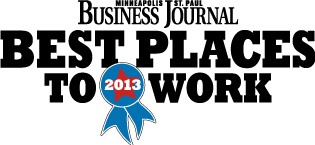 The award is based on the high marks employees gave in an anonymous survey on topics such as work environment, people practices and how things work day-to-day.
The award is based on the high marks employees gave in an anonymous survey on topics such as work environment, people practices and how things work day-to-day.
In a congratulatory email to Ecumen employees, Robin Dunbar Balck, Ecumen’s Senior Vice President for Human Resources and Strategic Alignment, said: “Thank you for all that you do to support our customers and your coworkers. After all, great people make great places to live and work! Only with the hard work and talent of our employees are we able to gain such wonderful recognition.”
Ecumen is among 53 companies who will receive the award at an Aug. 14, 2014, reception and be featured in the Aug. 15 Weekly Edition of the Business Journal.
Go here to read the Business Journal’s announcement and see a video on the winners.
Ecumen Names Directors To Head Expanded Alzheimer’s Care Program
Ecumen has named two directors to lead the expansion of its nationally recognized Ecumen Awakenings™ program that emphasizes managing dementia without highly sedating drugs.
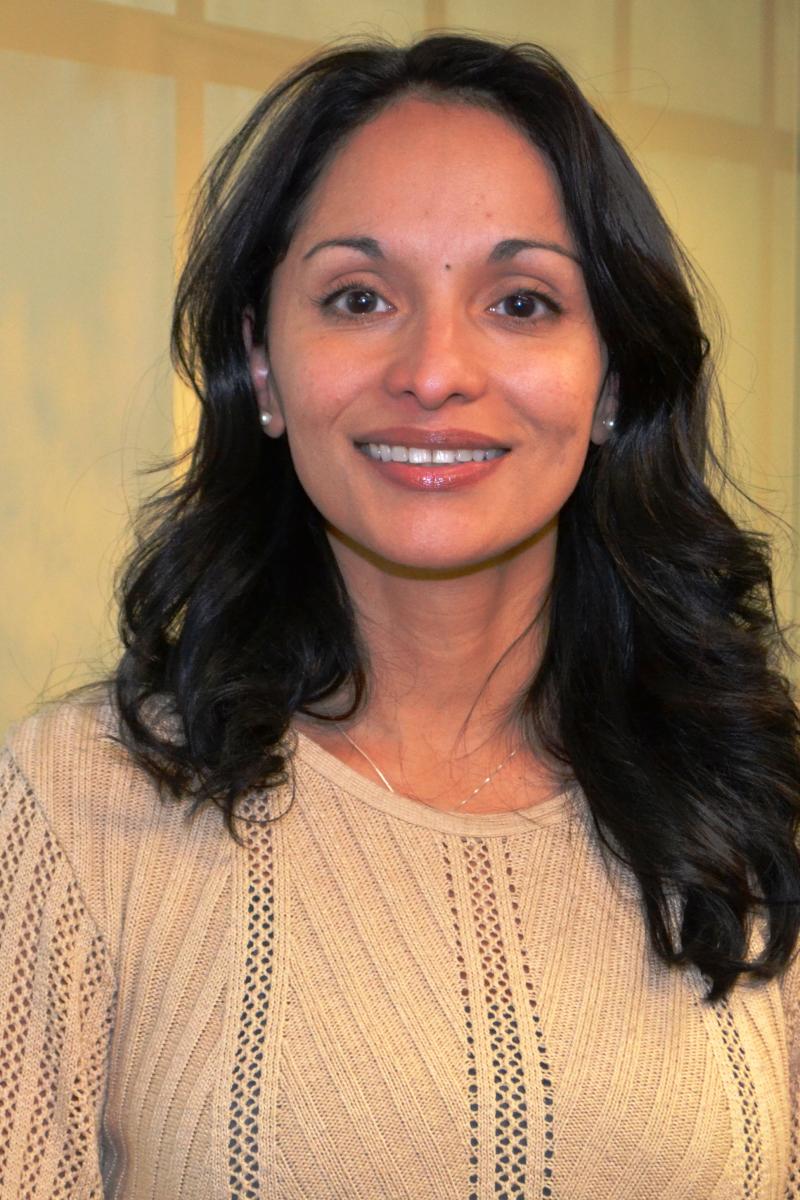 Maria Reyes, a registered nurse who has been instrumental in the development of the program, has been promoted to Awakenings Project Director in charge of clinical quality and training as Awakenings expands from nursing homes to assisted living sites and home care. A sought-after speaker on nursing and dementia care, Reyes has worked in nursing homes, assisted living and home care and held several key leadership roles at Ecumen, including serving as a Director of Nursing, establishing a new short-term rehabilitation center, and helping launch an Ecumen home care agency as Clinical Director.
Maria Reyes, a registered nurse who has been instrumental in the development of the program, has been promoted to Awakenings Project Director in charge of clinical quality and training as Awakenings expands from nursing homes to assisted living sites and home care. A sought-after speaker on nursing and dementia care, Reyes has worked in nursing homes, assisted living and home care and held several key leadership roles at Ecumen, including serving as a Director of Nursing, establishing a new short-term rehabilitation center, and helping launch an Ecumen home care agency as Clinical Director.
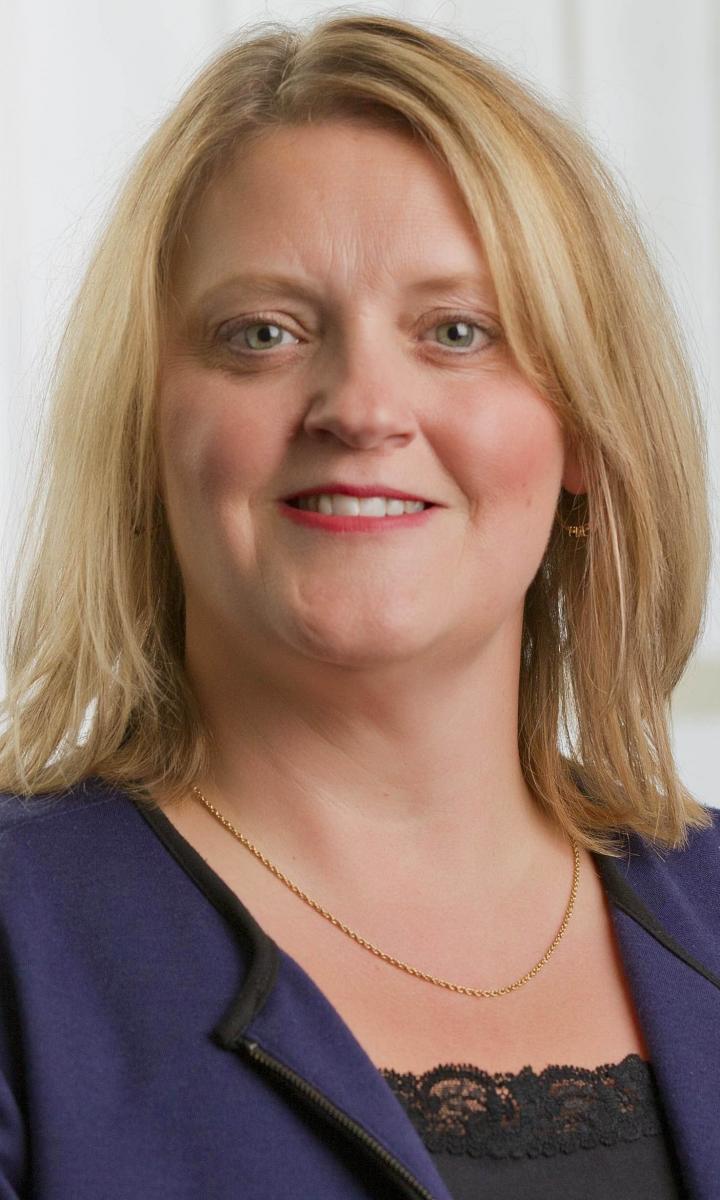 Janelle Meyers, the Housing Manager at Ecumen Prairie Lodge in Brooklyn Park, Minn., since 2005, has been promoted to the new position of Ecumen Programming Director with responsibility for handling the business side of Awakenings and other company initiatives. Meyers is a Fellow in the LeadingAge Leadership Academy, a board member and vice-chair of the Brooklyn Center Business Association and has served on the conference committee of the Minnesota Gerontological Society since 2011. At Ecumen Prairie Lodge, she created a renowned program for behavioral management to handle some of the most challenging types of dementia.
Janelle Meyers, the Housing Manager at Ecumen Prairie Lodge in Brooklyn Park, Minn., since 2005, has been promoted to the new position of Ecumen Programming Director with responsibility for handling the business side of Awakenings and other company initiatives. Meyers is a Fellow in the LeadingAge Leadership Academy, a board member and vice-chair of the Brooklyn Center Business Association and has served on the conference committee of the Minnesota Gerontological Society since 2011. At Ecumen Prairie Lodge, she created a renowned program for behavioral management to handle some of the most challenging types of dementia.
The Awakenings approach to dementia care started as a pilot program in 2009 at Ecumen Scenic Shores in Two Harbors, Minn. With a grant from the State of Minnesota Department of Human Services, Ecumen expanded and developed the program in all 15 of its nursing homes in 2010. Awakenings is an integrated care approach in which residents, their families, doctors and care staff all work together to replace traditional drug therapies with individualized techniques that reduce anxiety and difficult behaviors while improving quality of life.
In 2013 Awakenings received the Aging Services of Minnesota’s Leading Change Innovation Award and in 2014 received the National Excellence in Dementia Care Award presented by LeadingAge, the national association for non-profit aging services providers. Ecumen Awakenings also has received media attention for its innovative approach to dementia care from the Washington Post, The New York Times, the Minneapolis Star Tribune and KARE11-TV. Go to www.ecumenawakenings.org for more information.


